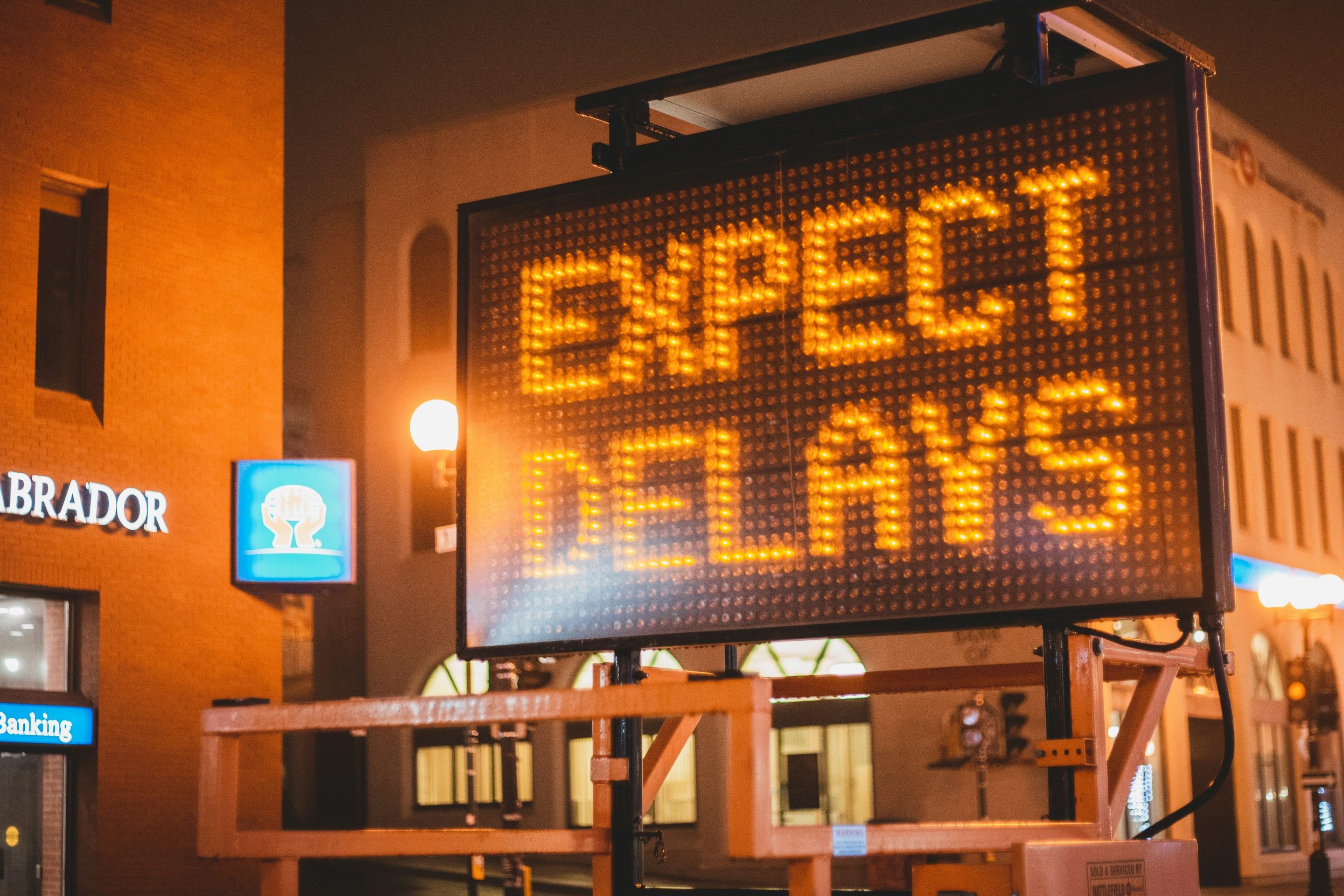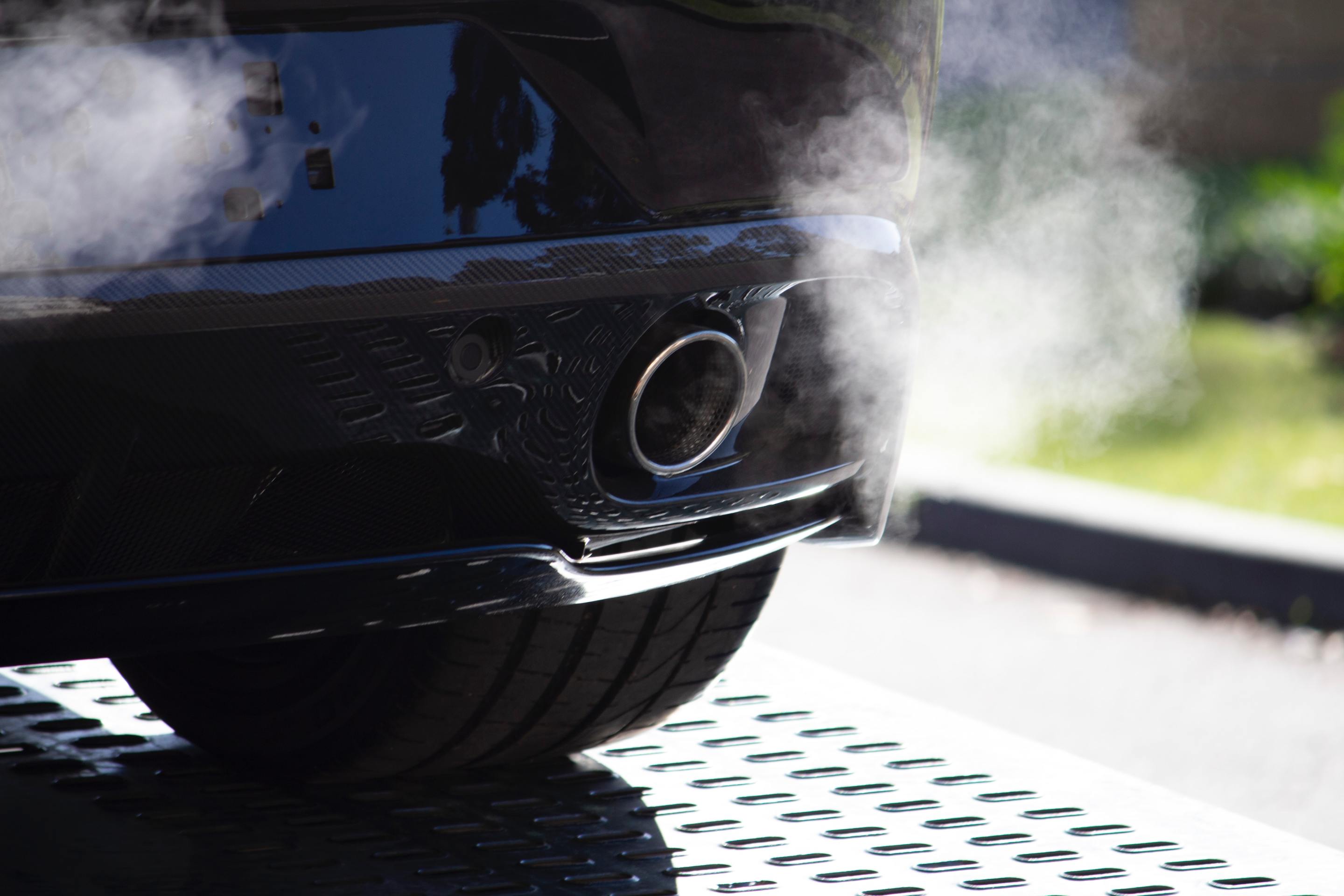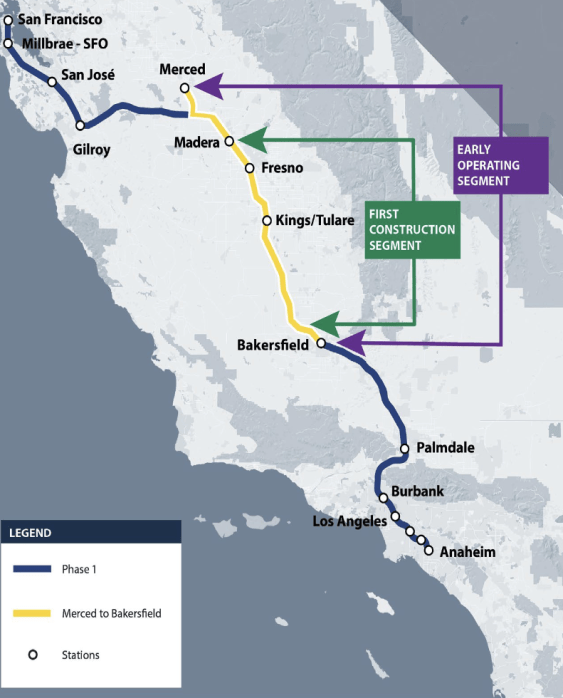It's no secret that key leaders of the House transportation panel and the White House economic team don't get along -- from quips about shovel skills to a stimulus "shouting match," committee chairman Jim Oberstar (D-MN) and his top lieutenant, Rep. Pete DeFazio (D-OR), have become two of their party's leading Obama administration skeptics.
But the committee is now fighting a two-front battle, against an administration determined to put off a new six-year transport bill and a Senate that yesterday approved a "clean" 18-month extension of existing law.
Undaunted, Oberstar and DeFazio today pressed U.S. DOT undersecretary Roy Kienitz to clear one thing up: If the administration wants policy changes added to the 18-month stopgap, and if Kienitz agrees that the House bill's "goals are very similar" to the White House's, should the Senate be allowed to press on with its "clean" bill?
Kienitz answered carefully: "I don't think it's my place to try to make policy on that." A nonplussed DeFazio then wondered who would make policy on the transportation extension, if not senior DOT officials.
"I'm coming to learn that's a bit complicated," Kienitz said.
That vague admission underscored the hard road ahead as Congress and the administration attempt to bridge their transportation policy divide in the three weeks remaining before D.C. empties out for August and the highway trust fund runs dry.
No House member has introduced a counterpart to the Senate's 18-month stopgap, suggesting a united lower chamber that is prepared to fight for Oberstar's committee.
"I can't believe the short-sightedness of our colleagues across the Hill," Rep. Chris Carney (D-PA) said, "to do something as silly as they did yesterday" in approving the 18-month plan. (The second of three Senate committees will take up the extension on Tuesday.)
House-Senate tension has colored almost every major policy fight since the Democrats took control of Congress three years ago, however, and those clashes often end with the House forced to cede ground.
For this summer's transportation showdown to end differently, a reliable source of revenue to pay for Oberstar's $450 billion six-year bill would have to materialize -- and the administration likely would have to lend its muscle to the winning idea.
With that in mind, DeFazio sought in vain for Kienitz to weigh in on funding options aside from the White House's proposed national infrastructure bank, which would be hard to apply to transit systems that rarely turn profits for private investors.
DeFazio himself has won support for an 0.01 percent tax on Wall Street oil speculators, an idea that Kienitz said was "being looked at seriously" by the White House economic team -- the same group, seemingly, that Oberstar and DeFazio have rarely been shy about criticizing.





